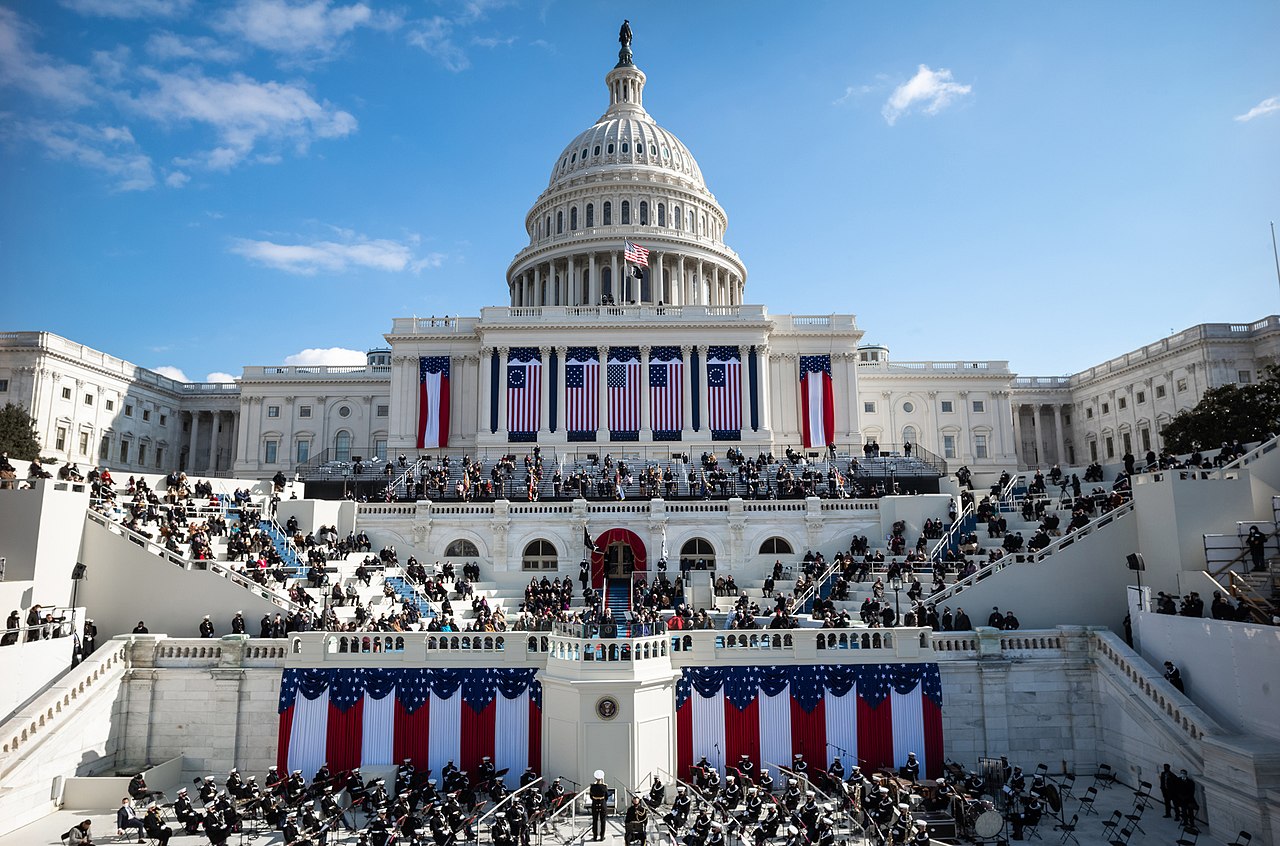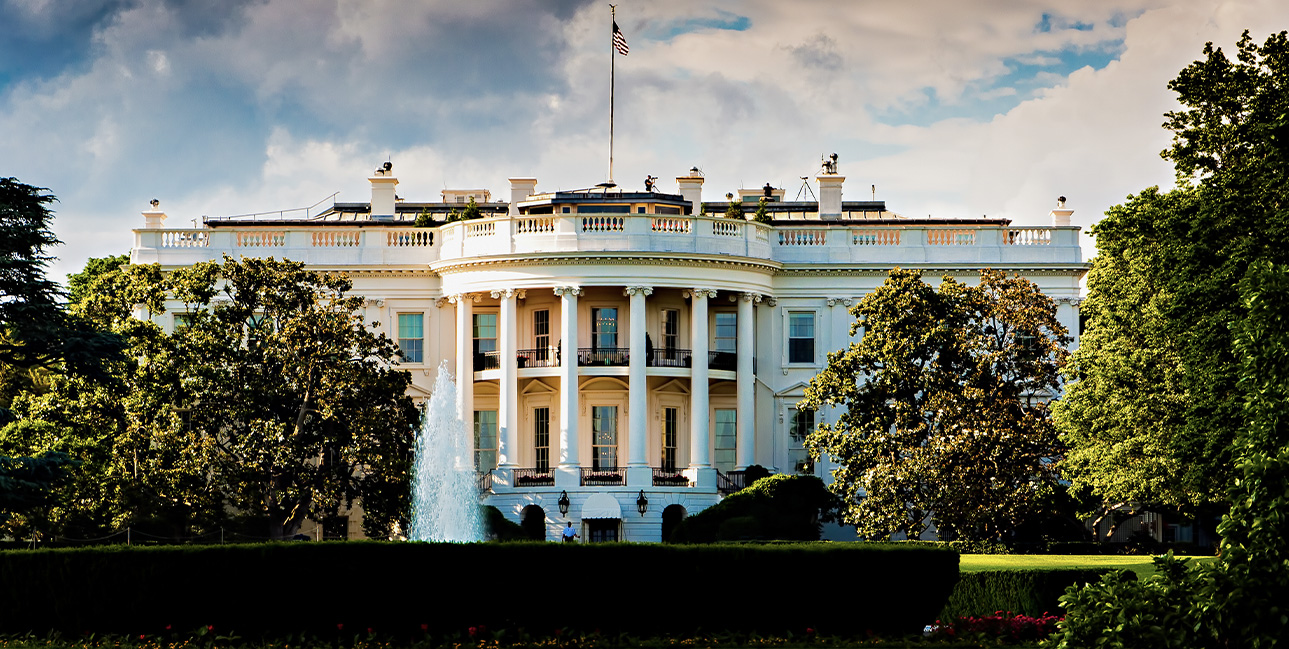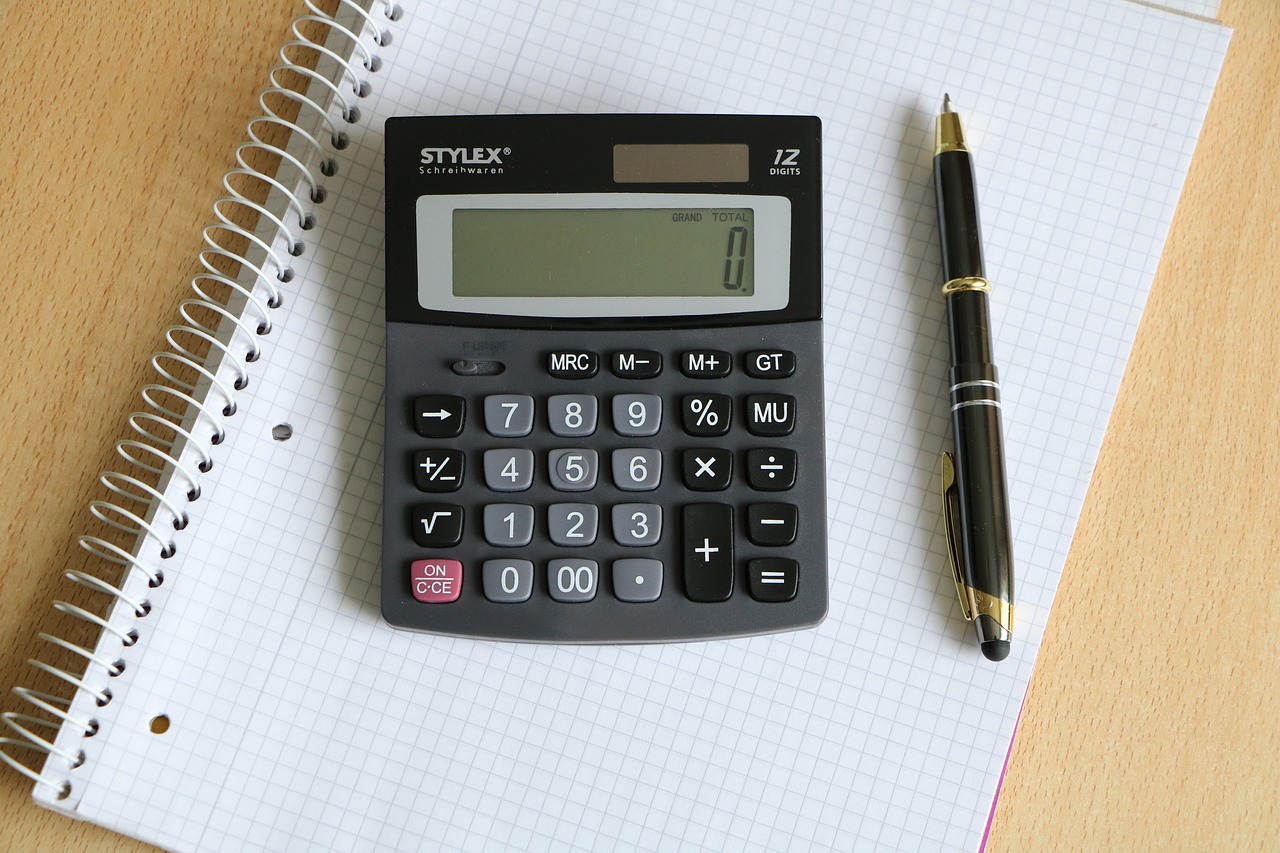Blog
August 26, 2024
Doubt regarding a peaceful transfer of power following the presidential election has grown dramatically during the past year
However, the public overwhelmingly wants candidates to support the winner, regardless of party.
The peaceful transfer of power had been a hallmark of American democracy since our country was founded. In 2021, the United States ultimately transitioned to a new president, although the difficult events that year challenged the confidence many people had in that important tradition.
According to our recent survey, about half the country—49%—expects a peaceful transition to a new president following the November election. By contrast, 42% do not expect a peaceful transfer of power—a 17 point increase from late 2022 when only 25% did not expect an orderly change in administrations.
These deeply troubling results should serve as a call to action for political candidates and government leaders regardless of the election’s outcome. The increase in doubt over the past year means the need for leadership to highlight the importance of a peaceful outcome is growing quickly. The public almost universally agrees that candidates should support the winner and make sure the entire public’s concerns are considered. Leaders should follow the public’s cue and take the necessary steps to prepare for a smooth transition while also promoting a peaceful response to the election outcome, regardless of the winning party.
Fortunately, both leading presidential campaigns are thinking ahead for how a potential transition would work. The campaigns for both Donald Trump and Kamala Harris have announced their transition team leads in recent days and the General Services Administration, as required by law, will make available services such as furnished office space, supplies, computers and information technology services if they choose to accept them.
The latest survey by the Partnership was conducted in spring 2024—several months prior to the announcement by President Joe Biden that he would not be running for reelection.
The current level of doubt is almost identical across the political spectrum. Half of Democrats and independents said there would be a peaceful transfer, as did 48% of Republicans. This was not the case in 2022 when more Republicans (32%) did not expect a peaceful transfer than independents (24%) and Democrats (20%).
The public wants their leaders to support a peaceful transfer
While much of the public expresses concern about the election’s aftermath, the public backs presidential candidates supporting a peaceful transfer and a smooth transition with minimal interruption to important government services.
When asked about their preferred actions by presidential candidates post-election, 94% say it is important for each candidate to ensure government services such as Medicare and Social Security “continue without interruption” and 92% say it is important to support a “peaceful transfer of power.” Almost as many people, 90%, say it is important for a presidential candidate to represent interests of people who did not vote for them and 86% say candidates should support the person taking office, regardless of political party.
The contrast between what the public expects to happen and what they believe should happen is dramatic. While only about half of the country expects a peaceful transfer of power, the vast majority want candidates to support the winner, regardless of party, and continue the American tradition of respecting election outcomes set out by our country’s founders.
Political and government leaders should consider these interests and expectations as we approach the contentious November election and its aftermath. While the public may be sharply divided regarding who they want to win, they are united in their desire for candidates to act in the interests of the entire country once the election is done.



